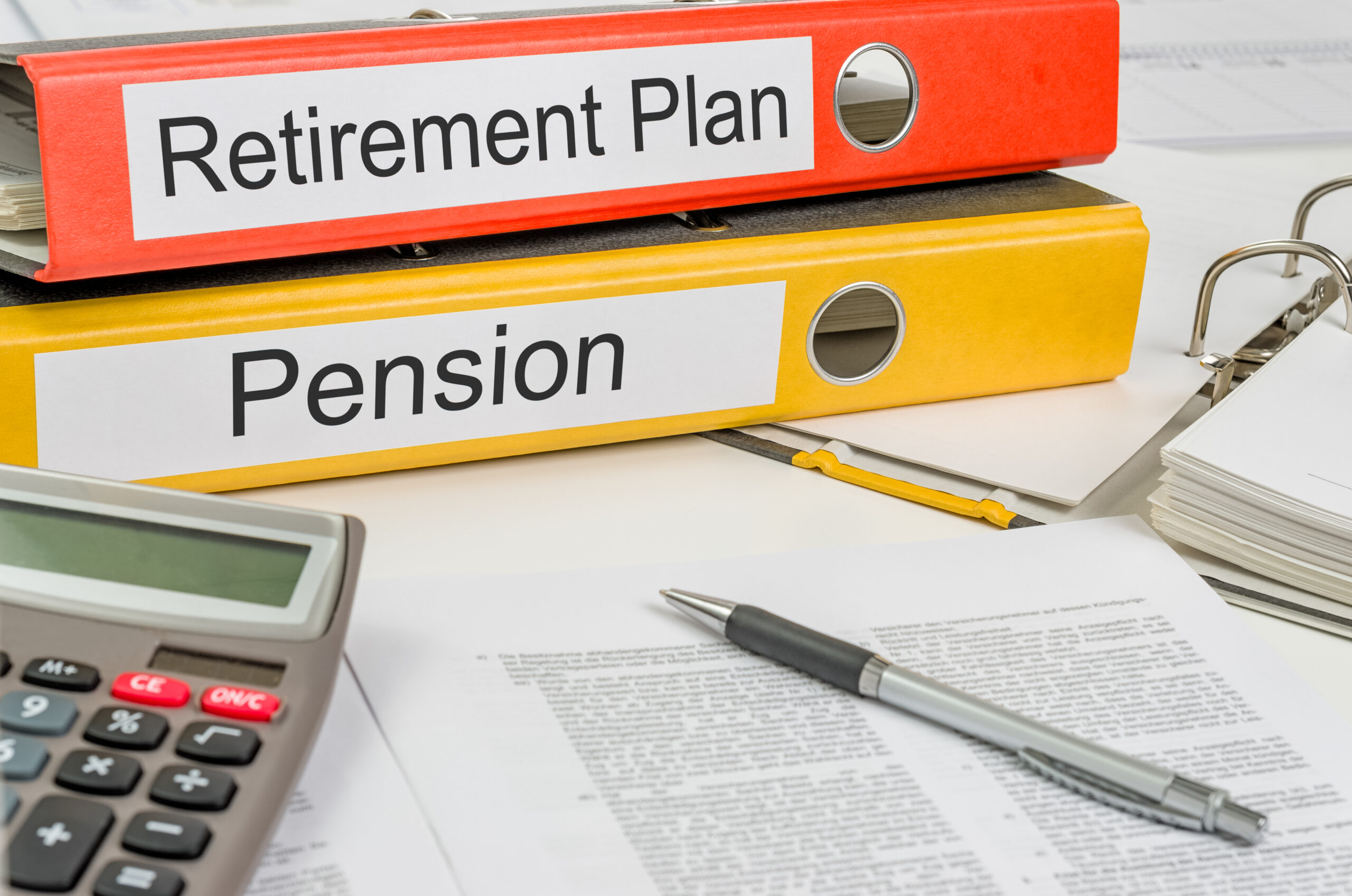Believe it or not we are in the middle of what used to be called pension season, or as it should be really called, end of year rush to try and save some tax!
When we hear the word pension, it conjures up different thoughts for each of us;
Industry jargon, being sold a product, am I too late starting one, will I have enough when I get to retirement etc.? To each of these thoughts, we attach an emotion and each time the word pension comes into our mind, what emotion will it bring up, Fear, Happiness, Doubt.
In its simplicity, a pension is a savings bucket into which we contribute, with a long-term view that it will form part of our future asset base. And in the future, whatever assets we own (including our pension) will have to pay for whatever we want to spend, lets call it our Lifestyle Income. So, do you have an idea as to what you would like your future Lifestyle Income to be?
If you are self-employed you know the scenario, your accountant calls you and gives you the bad news that you have a sizeable tax bill to pay and then in the next breath announces that you can save some or all of this this by making a pension contribution. This contribution is normally made in a hurry and without a huge amount of thought.
Tax Saved – Job Done!
In recognition of the challenges being experienced by businesses and tax practitioners arising from the COVID-19 crisis, Revenue announced a 4-week further extension to the Pay & File deadline for self-assessment income tax customers. Therefore, if you file your 2019 Form 11 return and make the appropriate payment through the ROS system for:
· Preliminary Tax for 2020
· Income Tax balance due for 2019
the due date is now extended from 12 November to Thursday, 10 December 2020 so you still have time to contribute to a pension contract. While this is good news for some, for others it just means kicking their return down the road for another month.
However, what if this were the last year you did what we would describe as “madness”. Start thinking about the annual ritual as something that is going to allow you to have Lifestyle Income at some point in the future, for example age 60 onwards. If you are reading this as a 35-year-old, 60 is a long way off. If, however, you are reading this as a 52-year-old with age 60 only 8 years away, you may reflect back to age 35 and regret the decisions made at that time.
Our message is very simple, Do Not Put Off Starting Some Form of Savings Today.
Saving personally is great for the Rainy-Day Fund, Cars and Holidays etc.
A pension however is a long-term savings plan that you cannot access until you reach retirement age (in Ireland, age 60 as a guide). While it is often promoted / sold on the basis of the tax-relief you can obtain, fundamentally it is a long-term savings plan that will assist with your future Lifestyle Income for when you decide to leave the workforce or perhaps to take a step back and work on a part-time basis on your terms.
So, you are doing the right thing and saving both personally for the medium to short term outlays and long term through your pension. A few simple rules to make your life easier.
· Where possible, aim to have one pension structure. If by the nature of your work you move job every few years, check out the options available when you leave. If you are unsure as to what to do, ask for help from a qualified individual. If you leave a pension with a previous employer please remember to keep your contact details up to date so that you receive annual updates and know where your funds are being held and with which insurance / investment company.
· If you are self-employed, where possible, aim to merge all your pensions into one structure, into which all future contributions should be made where possible. This will make your life so much easier when you decide to call it a day. If you do a have a number of pensions and are unsure as to what to do, reach out to a qualified individual who can help you streamline everything which may save you costs as a well as a headache,
Setting up a pension plan is the easy part of the process, where to invest your funds is a completely different proposition. Suffice to say that each individual needs to consider what investment strategy best suits their future plans and designing this require the help of a skilled and qualified practitioner. This is something we will cover in another blog,
A pension can be a useful tool for those that can avail of it, however the industry can place a huge amount of emphasis on the tax-break on offer when you contribute and the tax-free growth you can enjoy within the fund. What often gets missed in this discussion is the tax element that you will encounter when you decide to draw on your fund at retirement, after your Tax-Free Lump Sum has been taken. In general, all income arising from pensions in Ireland is subject to taxation. This will be in the form of income tax (Marginal / Standard Rate) as well as PRSI and USC (both of these are dependent on age and exemptions can apply).
Tips: Think Ahead!
· What do I spend on my lifestyle income now?
· What might my future lifestyle income requirement be when I decide to either retire or reduce my working time?
· What will my future capital asset value need to be to provide for my future lifestyle income?
· What do I need to contribute to a pension between now and my future retirement date (in addition to any other assets I may own) that will provide for what I want to spend?
By Accumulus Team for Life and Money Ireland





Recent Comments